Religious Naturalism: Journals & Articles
Further resources, if available, can be found in our full bibliography.
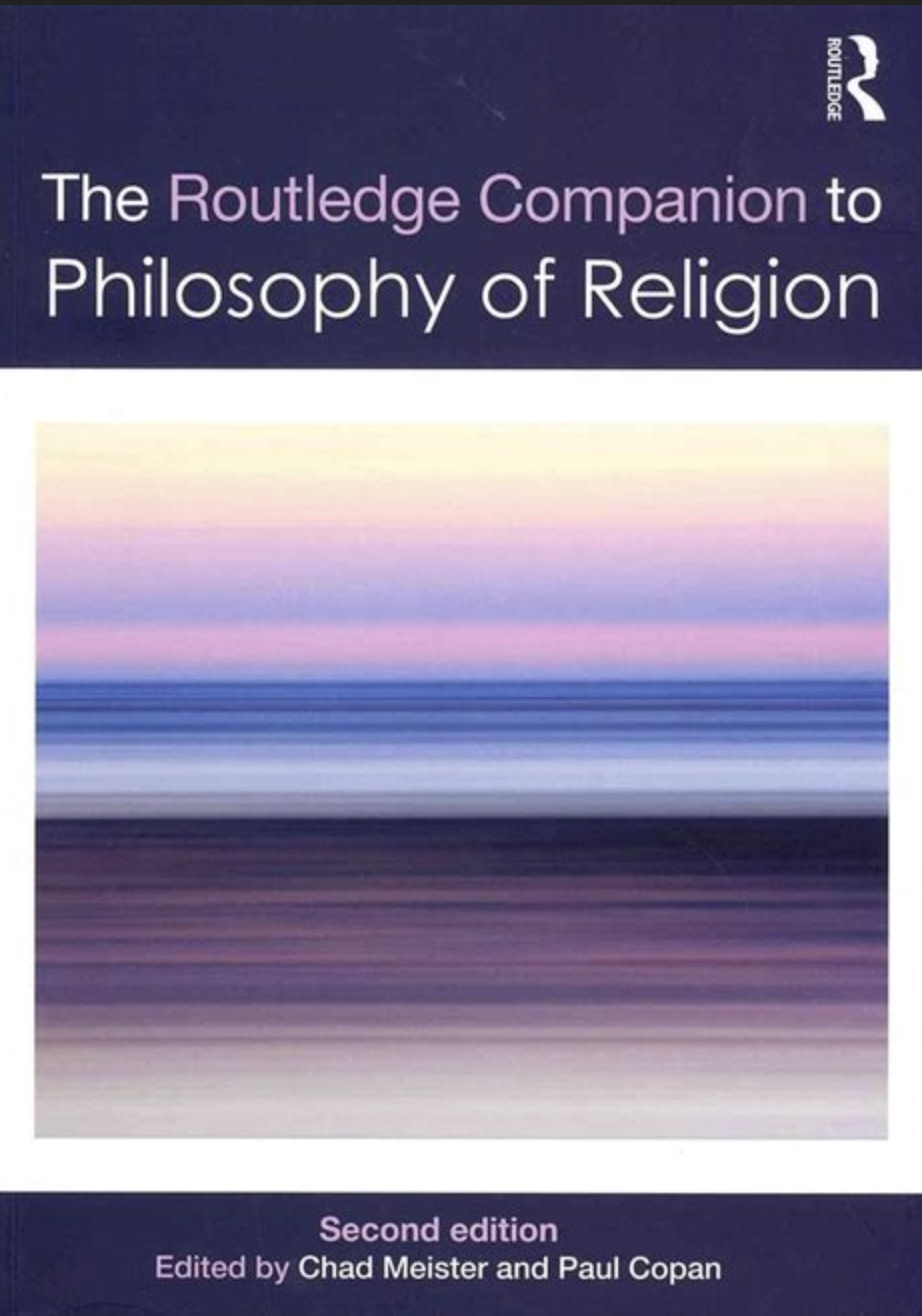
"Religious Naturalism"
Donald A. Crosby
Paul Copan, Chad V. Meister
This encyclopedic entry from The Routledge Companion to the Philosophy of Religion offers a general summary on the subject of religious naturalism.
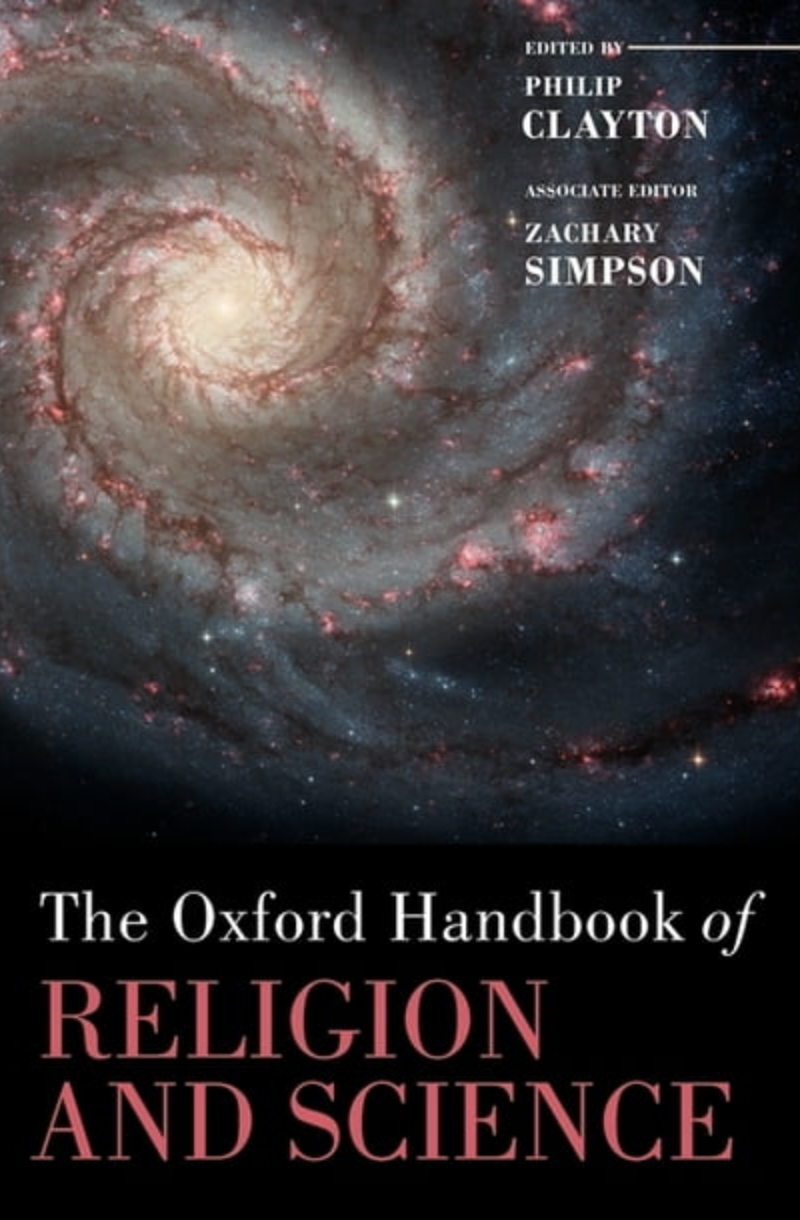
"Religious Naturalism and Science"
Willem B. Drees
Philip Clayton
Religious belief seems to be about the conviction that there is more than nature. Naturalism is perceived as the claim that there is nothing but nature. Is naturalism therefore an atheistic position, that which should be disproved in “religion and science”? That seems to be the religious agenda of quite a few in “religion and science.” This article holds that it may well be more fruitful to accept ‘naturalism’ as an understanding of reality with which people have to live, and to explore religious options within the context of naturalism. It considers some reasons for and against a naturalistic position. Subsequent sections explore some of the religious and theological options in association with naturalism. Basically, these are treated as pertaining to two kinds of naturalism: namely, theistic naturalism and religious naturalism.
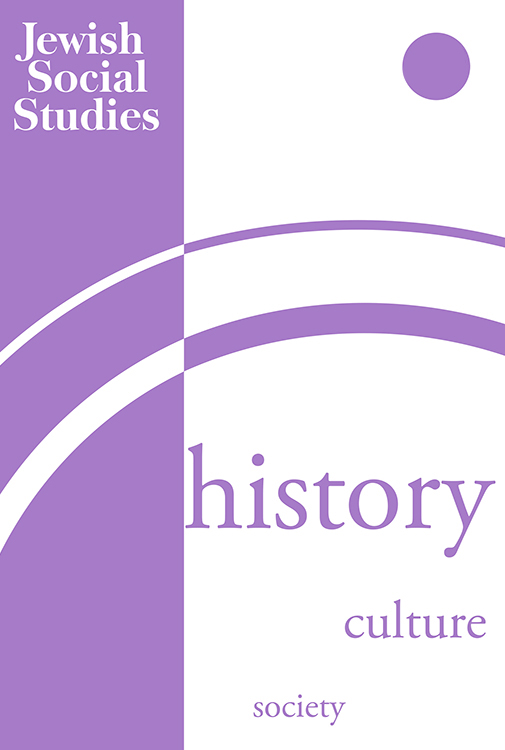
"Beyond Supernaturalism: Mordecai Kaplan and the Turn to Religious Naturalism"
Sheila Greeve Davaney
In this article, the author seeks to analyze the trajectory of Kaplan’s work that critically engaged traditional ideas of God and Jewish chosenness and that offered reconstructed notions of the divine and of Jewish self-understanding. Kaplan is located in a broader conversation that characterized Christian theologians and humanistic figures such as John Dewey during the first half of the twentieth century. Kaplan was thus responsive to the distinctive issues within his Jewish community while reacting and contributing to the wider conversations shaping American intellectual life in the twentieth century. It was therefore both as a Jewish intellectual and as a modern American intellectual–and in the interplay of the two–that his significance can be found. In order to explicate Kaplan’s critical and constructive contributions to the American and Jewish debates of his time, this article suggests that Kaplan and a number of other philosophical and theological thinkers set forth historicist, pragmatist, and naturalistic responses to the social and religious challenges of their day.

"Christianity and Religious Naturalism"
Mikael Leidenhag
This article provides an overview of contemporary religious naturalism, with a specific focus on Christian articulations of this emerging worldview and movement. Section 1 outlines the contours of religious naturalism, some commonly proposed reasons in favour of it, major historical predecessors, as well as neighbouring perspectives. Section 2 moves the focus to Christian naturalism, and how this perspective understands the nature of God, soteriology, and Christology from the vantage points of both reductive and non-reductive forms of naturalism. It also briefly explores the ways in which distinctive communities have emerged that advocate for religious naturalism, and some possible practices that seem congruent with the principles of this worldview. Section 3 unpacks several challenges facing a religiously naturalistic outlook, focusing on its religious relevance, issues of demarcation, the problem of evil, and the philosophical plausibility of a naturalistic ontology itself.
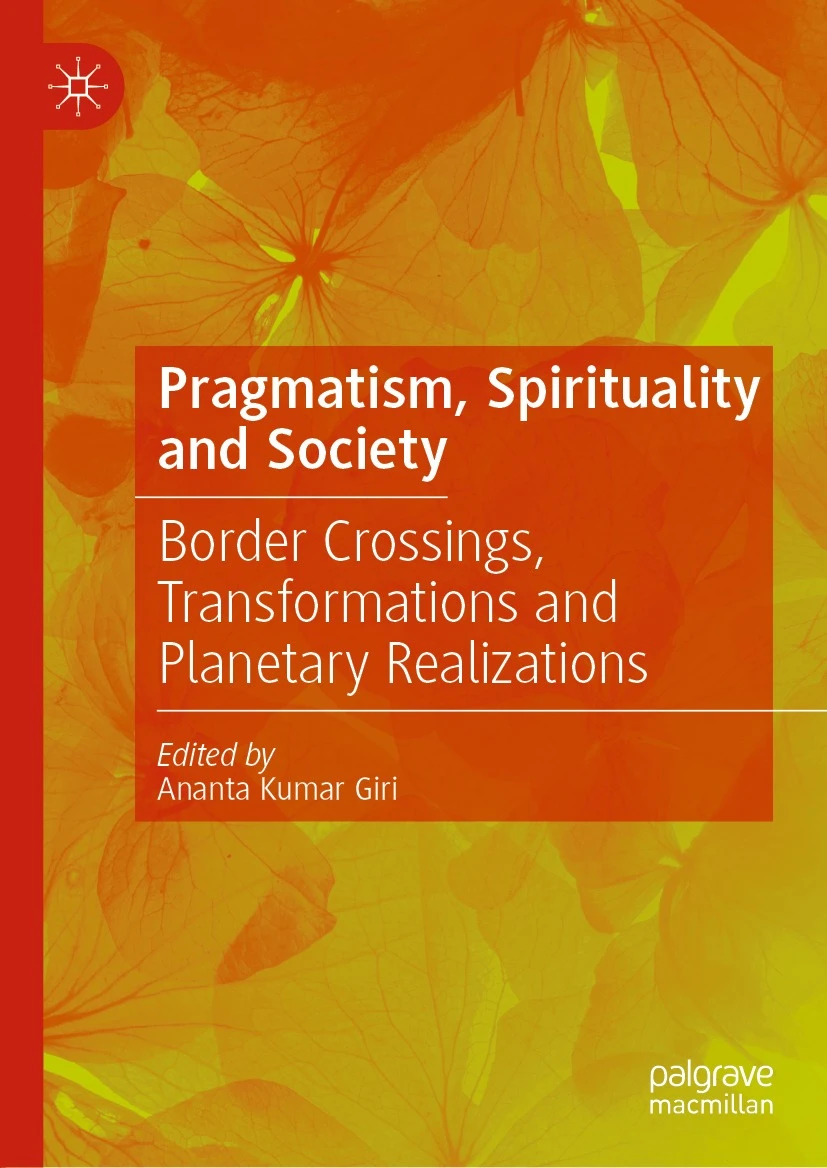
"Naturalistic Spirituality, Religious Naturalism, and Community Spirituality: A Broader Pragmatic View"
Jacquelyn Ann K. Kegley
Ananta Kumar Giri
This essay explores the rich insights of the American pragmatist, Josiah Royce, on spirituality, and religion, Kegley argues that Royce expounded a naturalistic spirituality and a religious naturalism but in doing so, he expands one’s view of spirituality and religion, giving it a rich community flavor. Spirituality, for Royce, is about deep connection, meaning, and joy. It is about individual meaning and unification accomplished through loyalty to an ideal and connection with others in a community of loyalty. For him, religious spirituality is not about certainty but attitude toward the universe. A most profound contribution of Royce to the discussion of religion and spirituality is his recommendation that the most fundamental choice of every person is his or her loyal love for the whole universe which leads in turn to reverence for the relations of life.
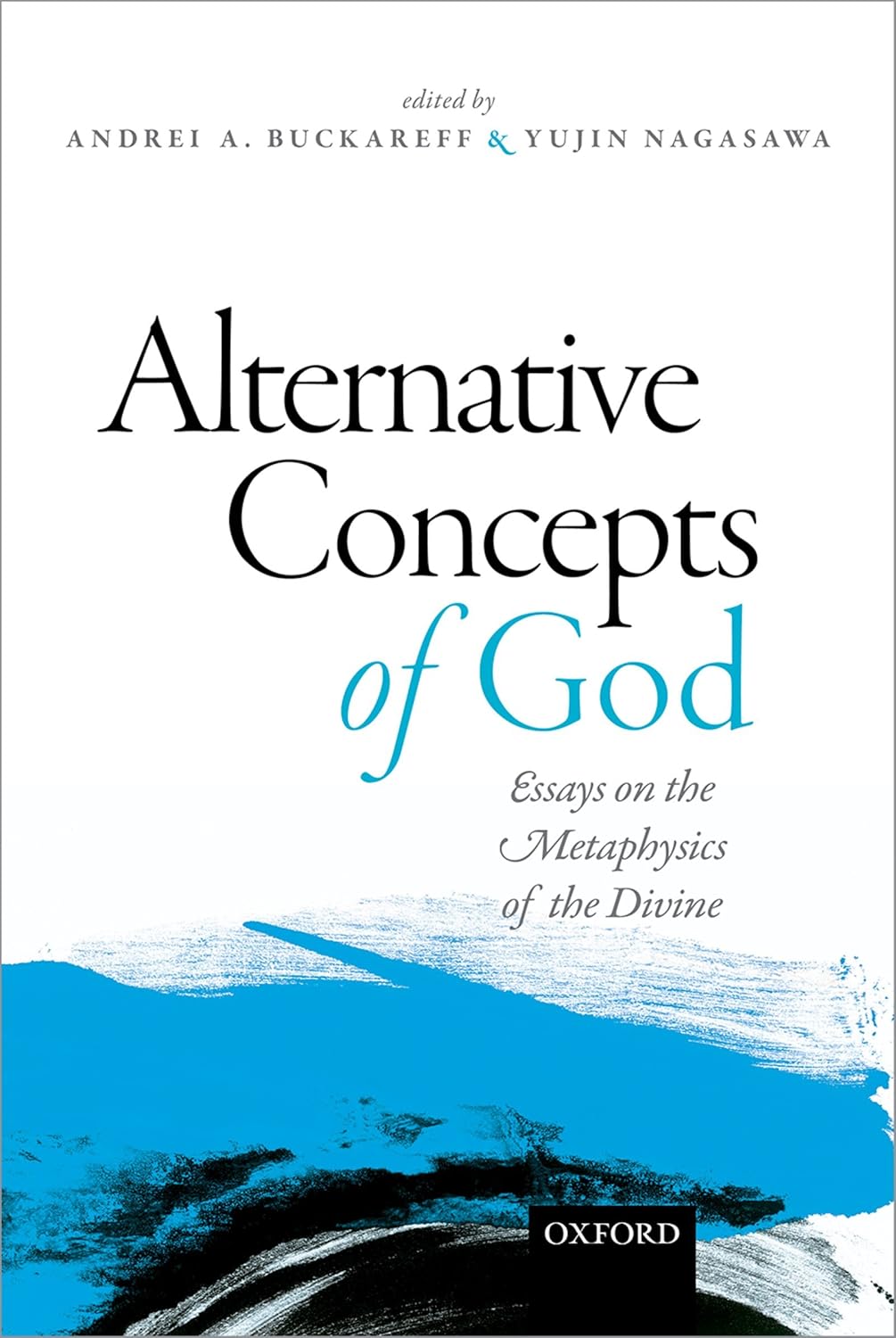
"On Religious Naturalism"
Eric Steinhart
Andrei Buckareff, Yujin Nagasawa
Religious naturalists say all divine or sacred things are natural. A unifying framework is presented for religious naturalism. Nature has five religiously significant levels of organization. These are nature as a whole, the universe, solar system, Earth, and body. Each level involves power, cyclicality, complexity, and evolution. These levels take their religious contents from the Zygon group, the World Pantheist Movement, the New Atheists, the New Stoics, and the Burners. Religious naturalists have also taken ideas from the Wicca, the Green Sisters, and the Evolutionary Christians. Rituals can be performed at each level. Linkages between all complex things and the cycles of nature entail a positive soteriology. No gods are involved in this religious naturalism.
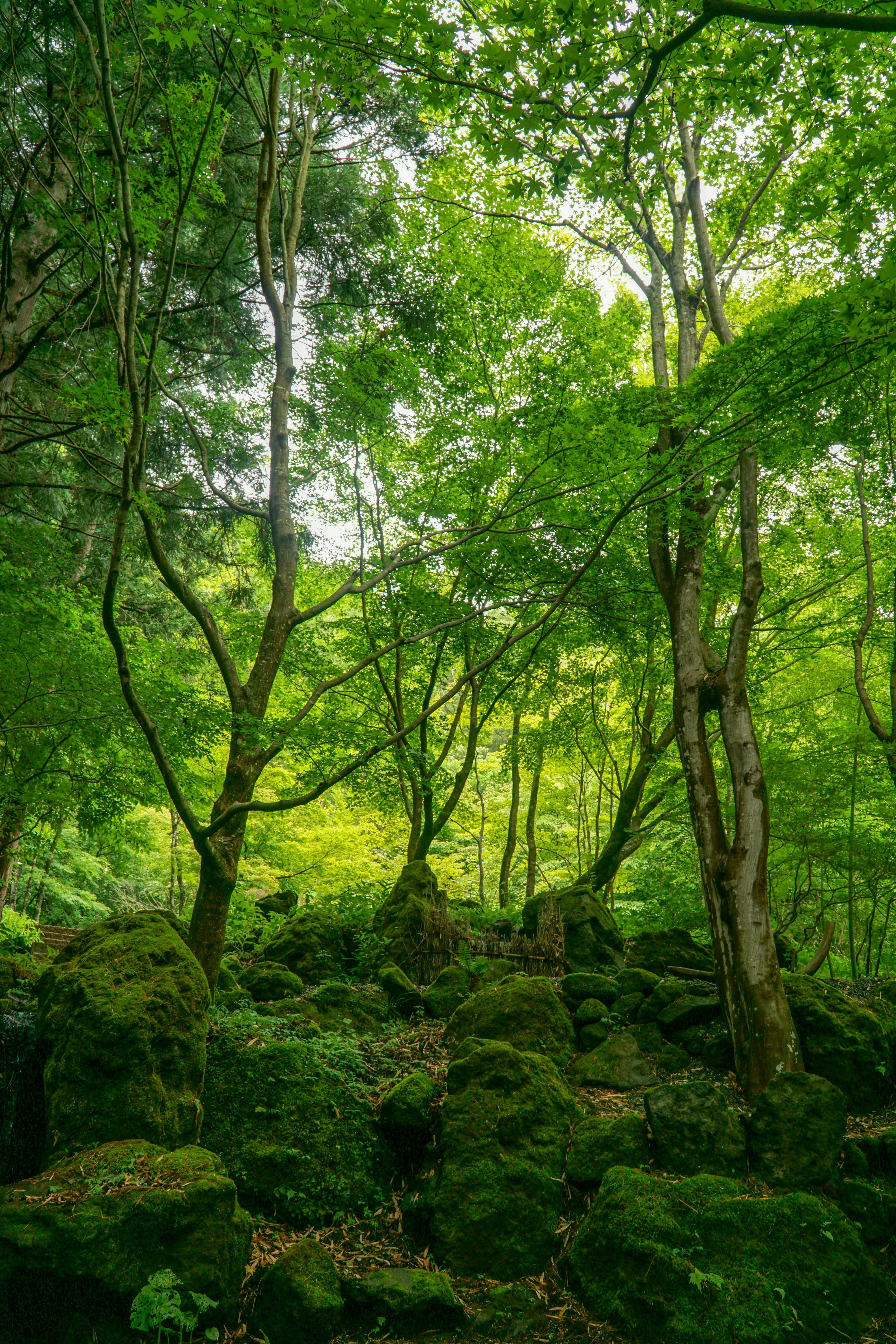
This brief article provides an introduction to religious naturalism, explores some of the base concepts and frameworks, and provides a link to the Religious Naturalist Association website.
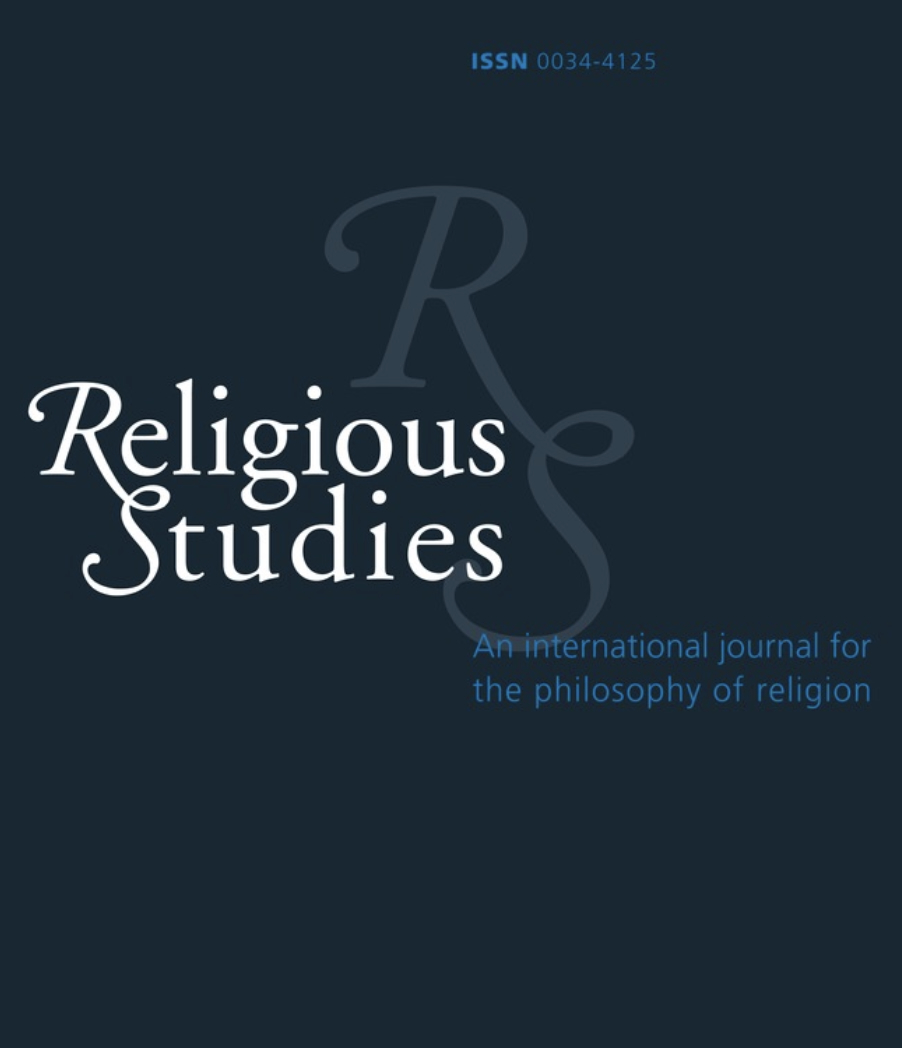
The aim of this article is to explore where and why religious naturalism differs from its rivals, and also to consider some of the challenges religious naturalism faces. Stenmark argues that religious naturalism is best conceived as a reaction against both theists who are religious and naturalists who are atheists: the best option is taken to be a naturalist who is religious. Nevertheless, it is quite difficult to say more exactly what claims the view contains. He argues that there are three forms of religious naturalism which must be distinguished and contrasted with their rivals, which are taken to be non-religious naturalism, scientific naturalism, theism (including panentheism), divine transcendentalism, religious agnosticism, and religious relativism.
Photo Credit: Vlad Kutepov/Unsplash